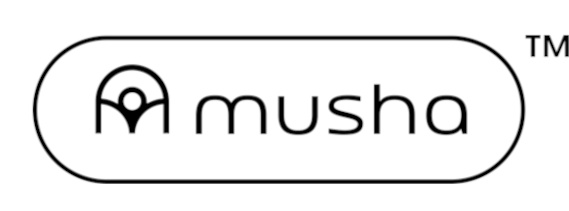Liquid Culture vs Spores
Magic mushrooms have long fascinated mycologists and enthusiasts, but the terms "liquid culture" (LC) and "spores" can often cause confusion, especially when it comes to legality in the UK. In this article, we’ll break down the key differences between liquid culture and spores and how these relate to their legal status.
What Are Magic Mushroom Spores?
Spores are the microscopic reproductive units of mushrooms. In simple terms, they are like seeds for fungi, containing all the genetic material needed to grow a mushroom. However, magic mushroom spores themselves do not contain any active compounds like psilocybin or psilocin, the psychoactive substances found in magic mushrooms.
Because spores lack psilocybin, they are typically legal to possess and sell in the UK for purposes such as microscopy, research, or educational use. However, using spores to grow magic mushrooms, which would then contain psilocybin, is illegal under the UK’s Misuse of Drugs Act 1971.
What Is Liquid Culture (LC)?
Liquid culture, or LC, is a nutrient-rich solution (often water-based) that contains live mycelium—the vegetative part of the fungus. Mycelium is already actively growing and capable of producing mushrooms when provided with the right conditions.
Unlike spores, LC is considered to be part of the active life cycle of the mushroom. Since mycelium of magic mushrooms produces psilocybin and related substances, it is treated as a controlled substance under UK law. Possessing or selling LC of magic mushrooms is therefore illegal.
Key Differences Between Spores and Liquid Culture
| Aspect | Spores | Liquid Culture (LC) |
|---|---|---|
| Definition | Microscopic reproductive cells of fungi | Nutrient solution containing live mycelium |
| Contains Psilocybin | No | Potentially Yes (if used to grow mushrooms) |
| Purpose | Research, microscopy, or educational use | Active mushroom cultivation |
| Legality in the UK | Legal for microscopy/research (but not cultivation) | Illegal due to potential psilocybin production |
Legality of Spores and Liquid Culture in the UK
In the UK, the legality of spores and LC is determined by their potential to produce psilocybin, a Class A controlled substance under the Misuse of Drugs Act 1971.
- Spores: Legal to possess and sell for non-cultivation purposes (e.g., microscopy and research). Cultivating magic mushrooms from spores is illegal.
- Liquid Culture: Illegal to possess, sell, or use, as LC is associated with the active growth stage of mushrooms capable of producing psilocybin.
It’s important to understand these distinctions and comply with the law when purchasing or handling spores or liquid culture in the UK.
Responsible Practices for Mycology Enthusiasts
If you’re interested in studying spores for microscopy or educational purposes, make sure to source your materials from reputable vendors that clearly state their products are for legal purposes only. Always avoid using spores or LC for mushroom cultivation if you are in a region where such activity is illegal.
Conclusion
Understanding the differences between spores and liquid culture is essential for anyone interested in magic mushrooms, especially in the UK where legality is strictly regulated. Spores are legal for research and microscopy, but liquid culture is illegal due to the mycelium's psilocybin production. Always follow the law and engage in mycology responsibly!

